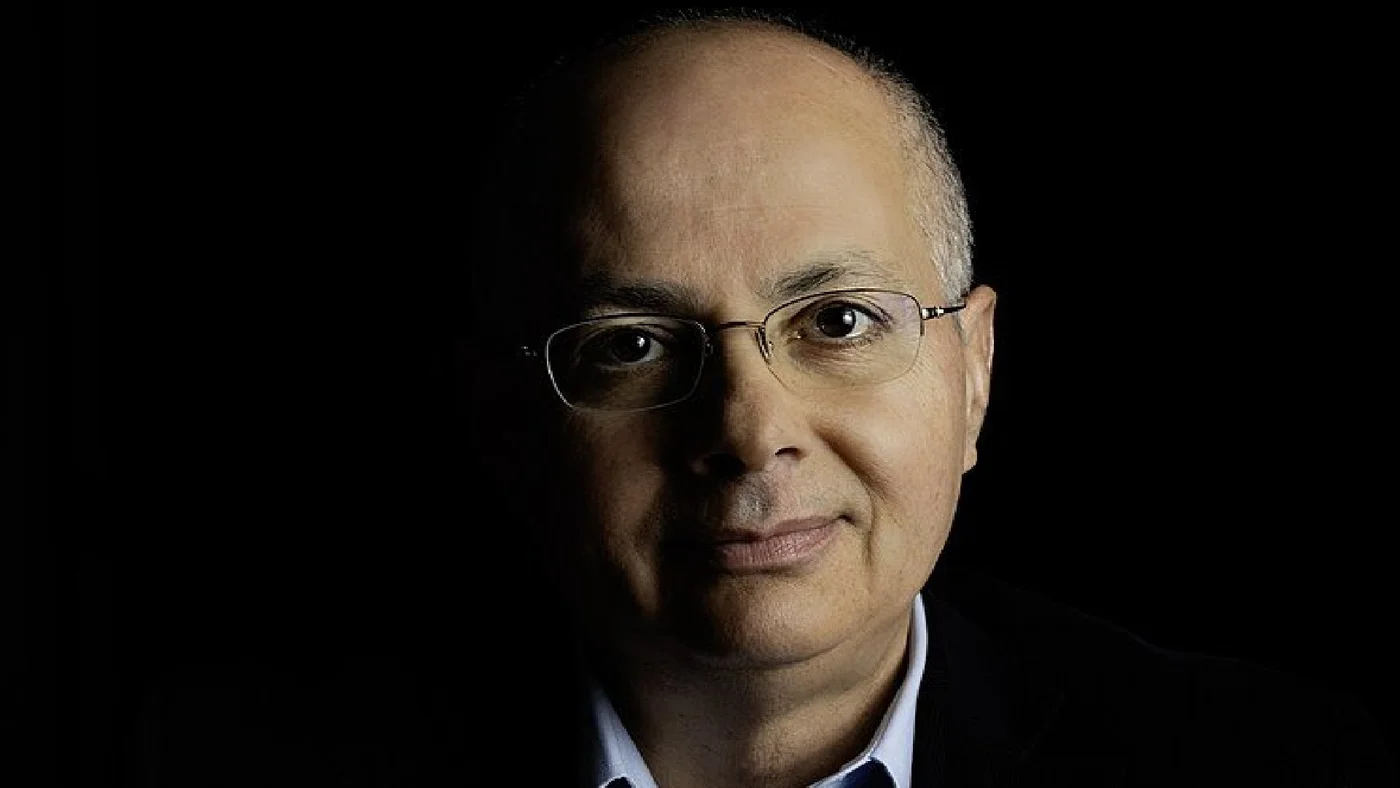Omar Yaghi said: ‘I set out to build beautiful things and solve intellectual problems’ (X)
A Palestinian scientist who grew up in a refugee camp in Jordan has been awarded the Nobel prize in chemistry for his work developing a new form of molecular architecture which has the potential to limit the impacts of climate change.
Omar Yaghi was awarded the prize along with Susumu Kitagawa and Richard Robson for “the development of metal-organic frameworks” (MFOs) – constructions between molecules that could be used to capture and store or break down harmful gases and chemicals.
The academy said in a statement that the MFOs can be used to “harvest water from desert air, capture carbon dioxide, store toxic gases or catalyse chemical reactions”, adding that the discoveries “may contribute to solving some of humankind’s greatest challenges”.
After the news, Yaghi said in a telephone interview with Adam Smith, the chief scientific officer for Nobel Prize Outreach, that “he was astonished, delighted, overwhelmed”. Smith noted that Yaghi, 60, is probably the first Nobel laureate to be born in Jordan.
Yaghi was born and raised in a Palestinian refugee camp in Amman, Jordan’s capital, before moving to the US when he was 15.
“I grew up in a very humble home,” Yaghi recalled. “There were dozens of us in one small room, sharing it with the cattle that we used to raise. I was born in a family of refugees and my parents could barely read or write.
“So it’s quite a journey, and science allows you to do it. Science is the greatest equalising force in the world.
“Smart people, talented people, skilled people exist everywhere. That’s why we should really focus on unleashing their potential.”
Jordan’s King Abdullah II congratulated the scientist in a post on X, writing: “Proud of Jordanian scientist Professor Omar Yaghi, for winning the 2025 Nobel Prize in Chemistry. His achievement is Jordan’s pride”.
Yaghi earned his PhD in chemistry from the University of Illinois and is currently a professor at the University of California, Berkeley.
In a post on X, Palestinian journalist Mohammed Shehada drew attention to the “dire conditions” in which Yaghi grew up, noting that “hundreds” of Gaza’s scholars have been killed in Israel’s genocide in the territory.
Heiner Linke, chair of the Nobel Committee for Chemistry said in a statement that Yaghi and his fellow scientists had “found ways to create materials, entirely novel materials, with large cavities on their inside which can be seen almost like rooms in a hotel, so that guest molecules can enter and also exit again from the same material”.
Describing the “unheard of properties” of these materials, the committee said some had a remarkably large surface area – a porous material roughly the size of a small sugar cube could contain as much surface area as a large football pitch.
Linke likened the discovery to “Hermione’s handbag in Harry Potter” as it is able to store “huge amounts of gas in a tiny volume”.
He added that the chemists’ work has “enormous potential, bringing previously unforeseen opportunities for custom-made materials with new functions”.














